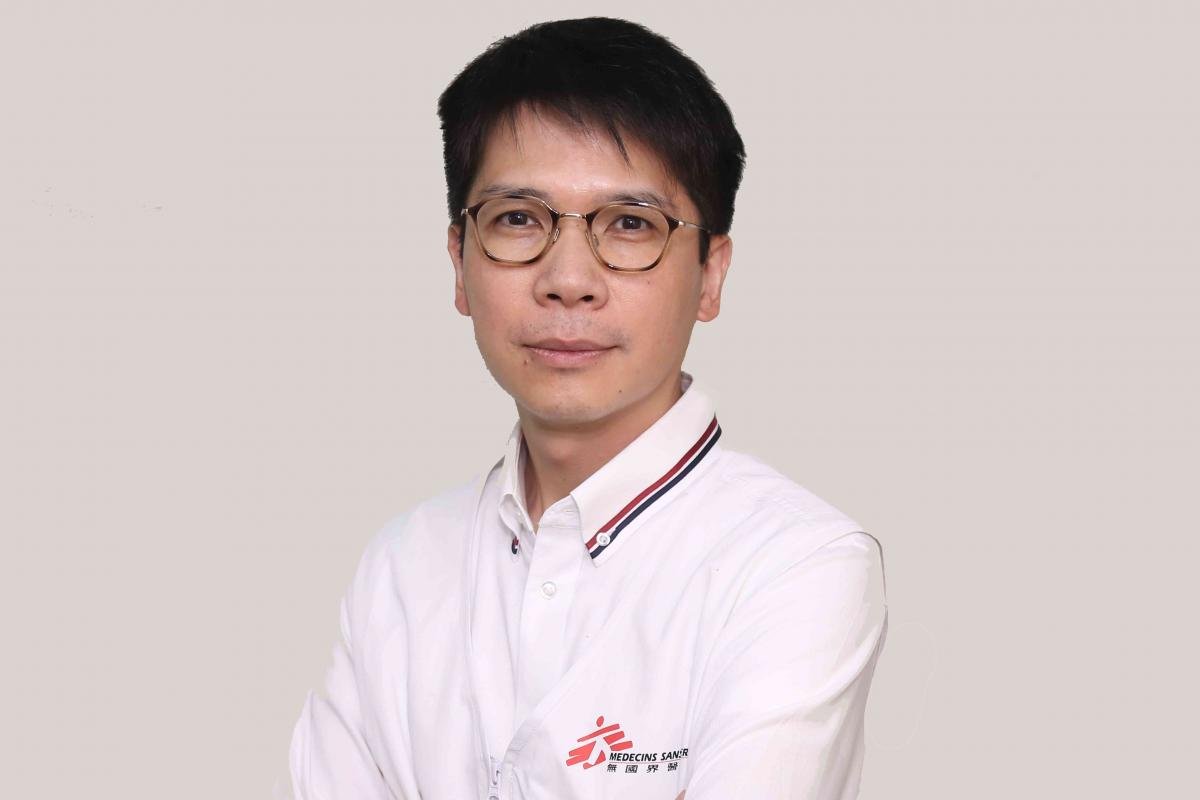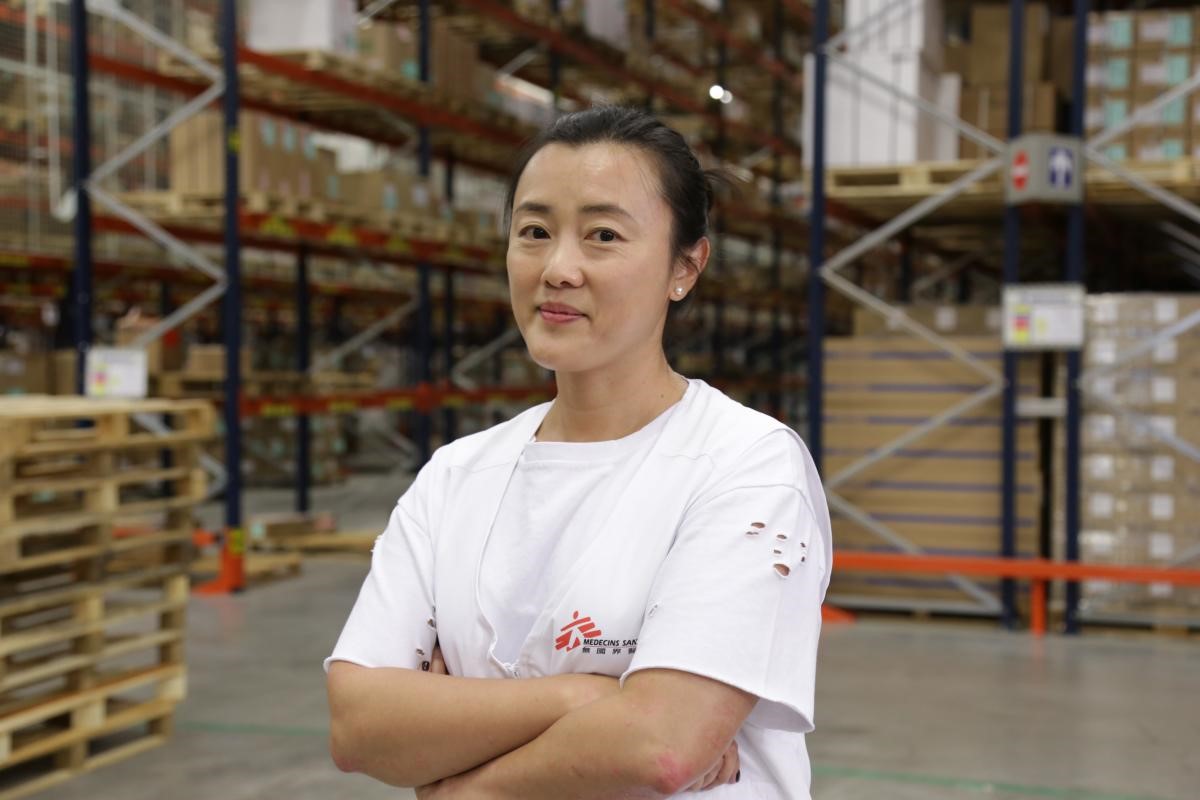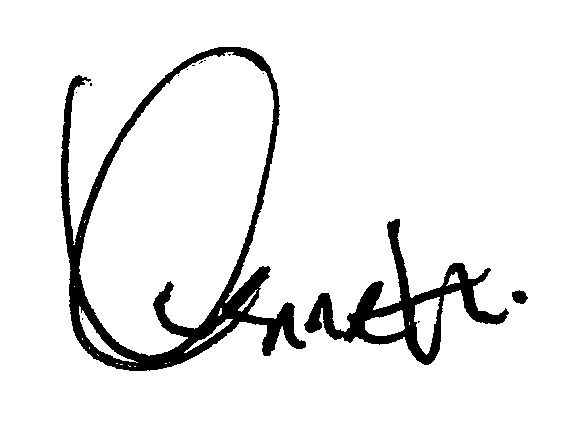Dear friends,
Médecins Sans Frontières (MSF) has been providing medical care to vulnerable communities who need it most for 50 years, facing a range of different challenges along the way. In 2021, the COVID-19 pandemic entered its second year and we responded to the many and complex problems it presented. We were though also concerned a long standing issue - counter-terrorism measures, which have had a profound impact on humanitarian work.
These measures have proliferated in countries around the globe and brought many obstacles and threats to humanitarian work. Governments have refused to allow humanitarian work in some places, justifying themselves within their counter-terrorism frameworks. So the people there who need medical care most do not have access to support and treatment.
Even where we have access to the locations, working in places marked with terrorism and counter-terrorism is far more challenging. People are not always positive about assisting particular individuals or groups. The fears, dilemmas and criminalisation associated with this work also affect our staff.
According to the statistics relating to security incidents reported by field teams, attacks, arrests, detentions and accusations levelled against humanitarian staff by state authorities are far more prevalent than those by non-state groups. MSF was considered a terrorist organisation by the government in Syria. Our staff have been arrested, detained and accused of complicity and terrorist activity. Our staff and patients have also been victims of attacks on hospitals by state armies.
Working in areas with counter-terrorism policies is full of challenges, and yet people living in these places are the ones who need humanitarian action most. As a humanitarian medical organisation, we are committed to the principles and core values - impartiality, neutrality and independence - on which the organisation has been built and spare no effort to provide medical care to people who need it most.
Last year we continued our response to support countries struggling to deal with COVID-19 in that second year of the pandemic. When the vaccines were made available early last year, high-income countries bought up the majority of vaccines, leaving people in low-income countries unprotected. We advocated for vaccine equity and an end to patents and monopolies on vaccines, treatments, tests and tools.
At the same time as reacting to external changes, we were also reflecting on and discussing some internal issues. One of the more important has been around diversity, inclusion and the management of abuse and inappropriate behaviour within MSF. There has been progress in the right direction, but we still need to take stronger measures to ensure that every single report of abuse or prejudice experienced by members of staff or patients is investigated, and the perpetrators held to account.
No one is immune to the threat of climate crisis but it hits the poorest and most vulnerable people the hardest. We have to play our part in addressing this crisis. Following on from the Environmental Pact that we made and committed to in 2020, we have pledged to reduce our carbon footprint by 50 per cent compared to 2019 levels by 2030.
The world has changed a lot since MSF was founded 50 years ago, and the challenges and difficulties facing us have also changed. However, our core commitments remain the same: to alleviate the suffering of people most in need by providing medical care to them.
 |
 |
|
President, MSF Hong Kong Board Dr. Shut-wah Kenneth Chan |
Executive Director, MSF Hong Kong Jenny Tung |
 |
 |




